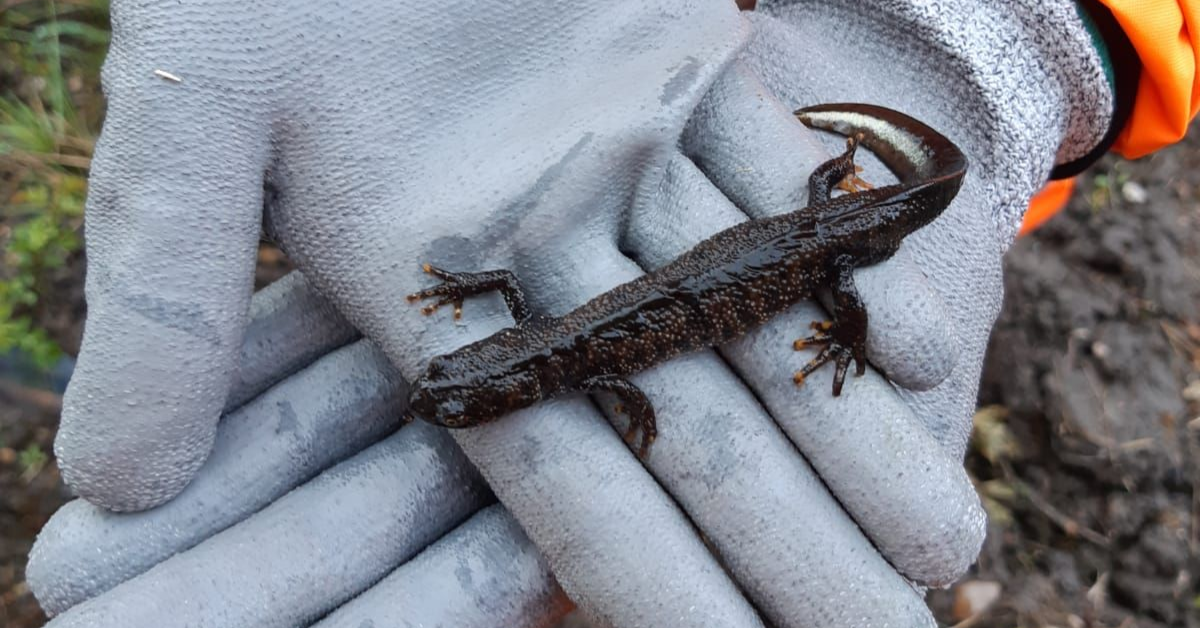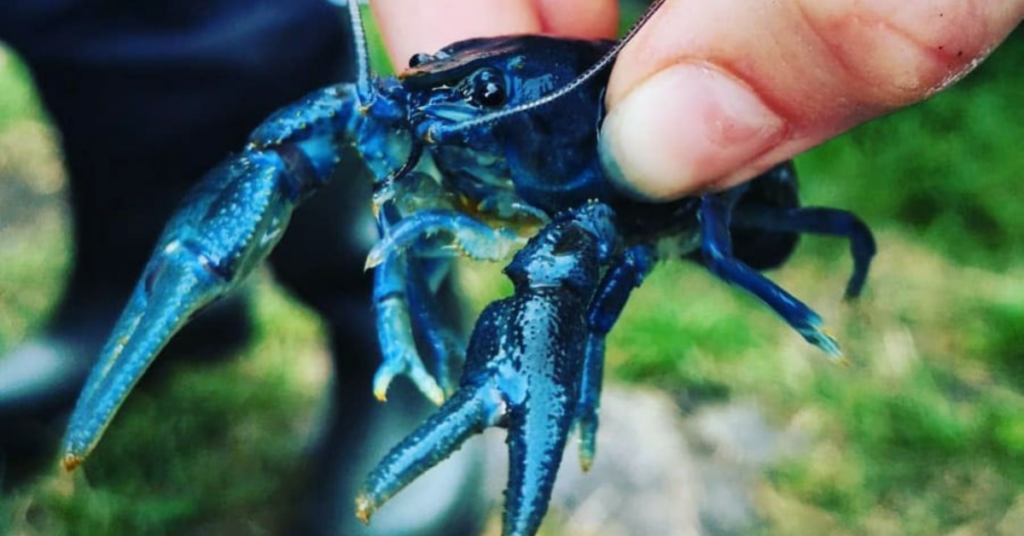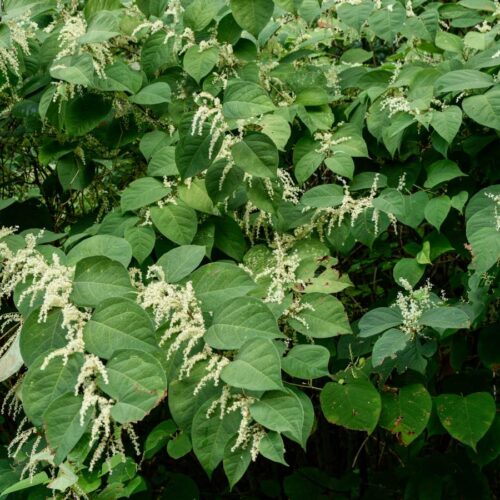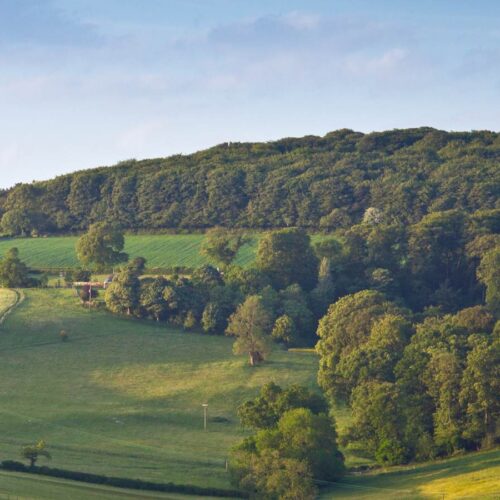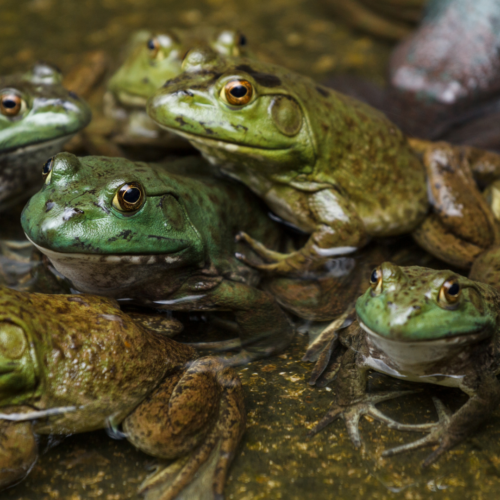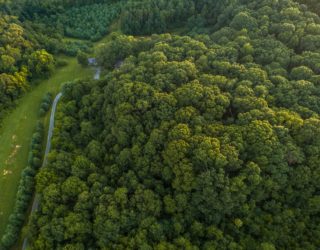“When can I do my ecology survey?” – We are asked this question a lot by developers and project managers as many protected species surveys can only be undertaken during specific times of the year. That is why getting to know what wildlife surveys can be completed at any one time is a huge advantage to ensure successful delivery of the project without unexpected delays and additional costs.
To put it simply… These ecological surveys are what we can do all year round:
- Preliminary Ecological Appraisals (PEA)
- Bat Preliminary Roost Assessments (PRA) & tree climbing surveys
- Otter surveys
- Great crested newt Habitat Suitability Index (HSI) assessments
- Badger surveys
The season for these surveys began in March:
- Breeding bird surveys
- Great crested newt pond surveys (i.e. bottle trapping, torching & refugia searches)
- Reptile surveys
Thomson environmental consultants have developed a FREE Ecological Survey and Mitigation Calendar to assist your project planning. With environmental specialists based throughout the UK you can rely on us to help with all your ecological needs from desk studies and site field surveys to European Protected Species licence applications and mitigation works.
We’ve highlighted below five upcoming ecology surveys so you can plan ahead and keep your project on track:
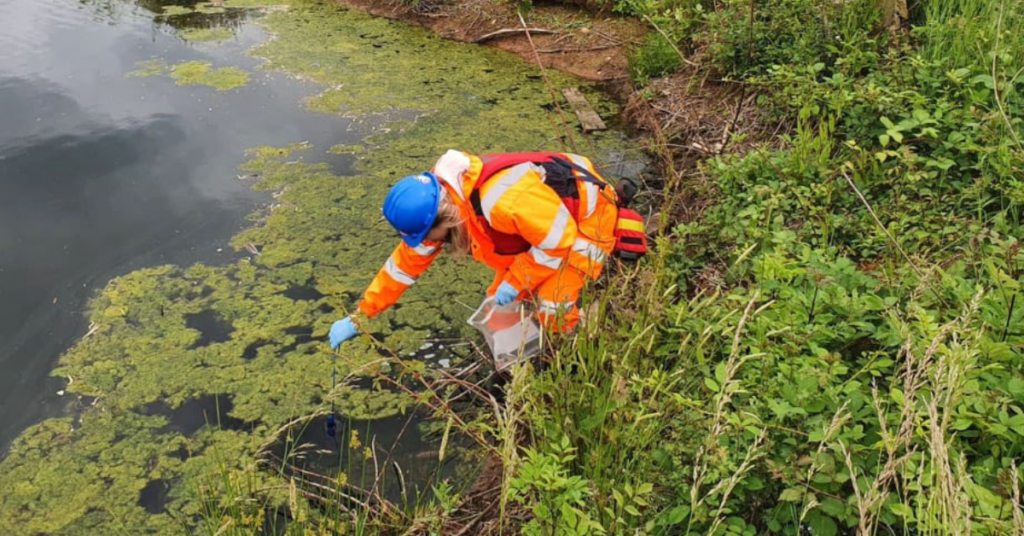
eDNA surveys for great crested newt
There have been many changes recently with great crested newts and development with the introduction of new licensing schemes and environmental DNA (eDNA) surveys increasing in popularity. eDNA is a rapid way of testing GCN presence or likely absence but it’s only one of several options available to project planners depending on the specifics of the project. eDNA for GCN has a short survey season between 15th April and 30th June – Find out more here.
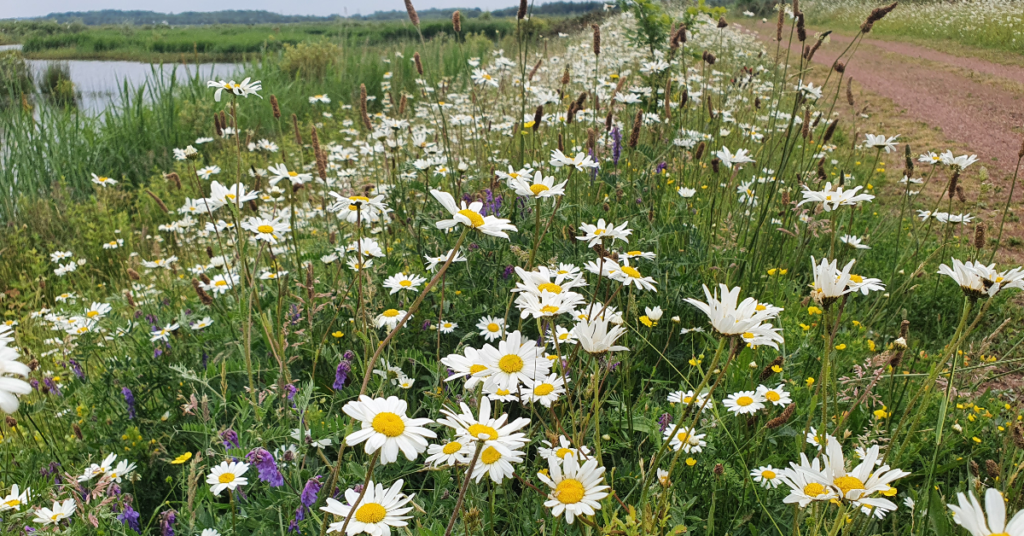
UK Habitat Classification surveys
The core element of any Preliminary Ecological Appraisal (PEA) or Biodiversity Net Gain (BNG) assessment, is a field survey to identify, map and assess the condition of habitats on a site and its potential to support protected species. A UK habitat classification (UKHab) survey, soon to replace the traditional JNCC Phase 1 Habitat Survey, can be undertaken at any time of year. However, the optimal time is between April and October when deciduous and annual plants are identifiable. To book your habitat survey with our experienced botanists contact us today.
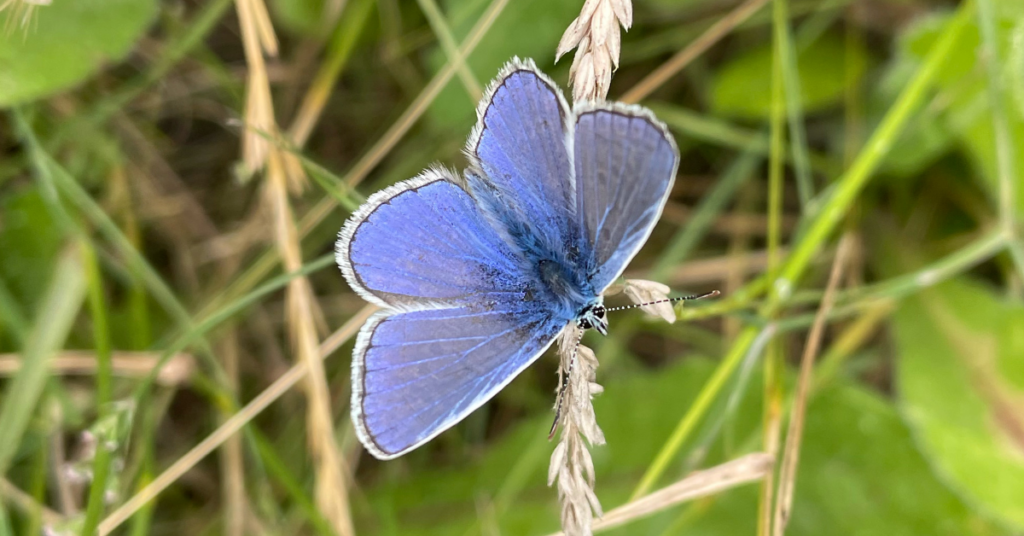
Terrestrial and aquatic invertebrate surveys
Insects play a vital role in many day-to-day ecological processes and some invertebrate species are protected or priority species for conservation. They are material considerations in a planning decision so should be considered if invertebrates are likely to be impacted by development. Our ecologists use a range of survey techniques using sweep nets, beating trays, pond nets, air-lift sampler, pitfall traps and light traps. Get in touch with your local Thomson ecology team who can advise on your next project.
White-clawed crayfish surveys
The white-clawed crayfish is Britain’s only native crayfish species, but several other non-native crayfish are known to be present in the UK, the most prevalent of these being the American signal crayfish. These aggressive non-native crayfish out-compete white-clawed crayfish, and this combined with habitat loss and pollution, has reduced the UK population by 70% since the 1970s. If a development will affect waterbodies and habitat which may be suitable for white-clawed crayfish, then crayfish surveys may be required. These can be completed in April and between July and October, avoiding May and June when females are carrying young – Find out more here.
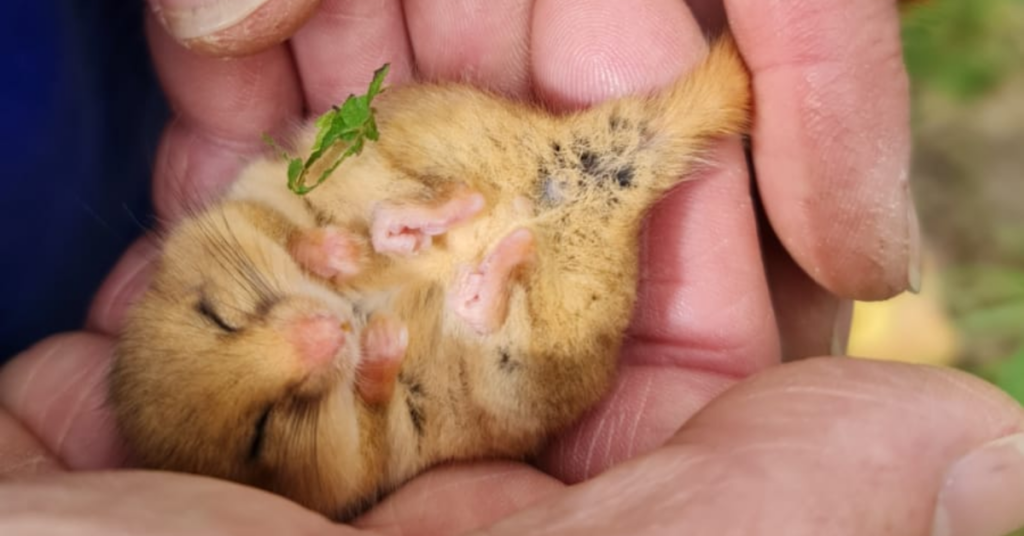
Hazel Dormouse surveys
The hazel dormouse might be one of our cutest mammals, but they may not be the smartest. Whilst they are exclusively found in tree canopies during their active season, they choose to hibernate in leaf litter on the ground during the winter. This makes them very vulnerable to any kind of disturbance. As a protected species in the UK, dormouse surveys are required where they are likely to be impacted by development. Our licensed ecologists are available now and happy to help you on your next project – Find out more here.
Please contact our team to discuss your specific project requirements.
Tel: 01483 466 000
Email: [email protected]
